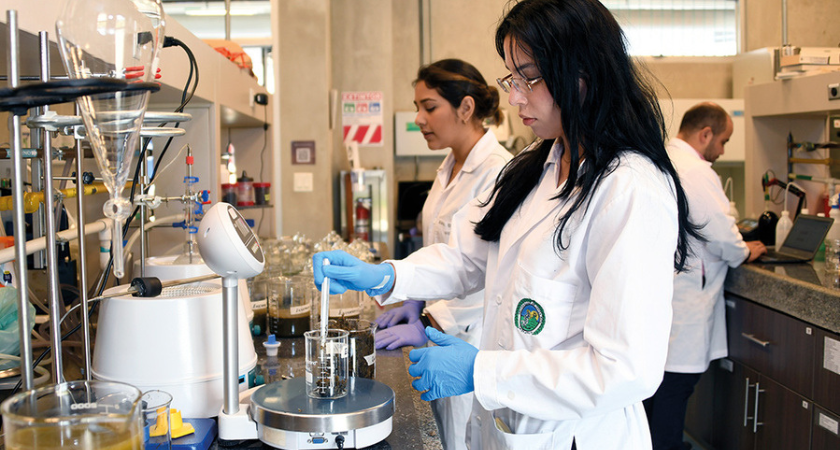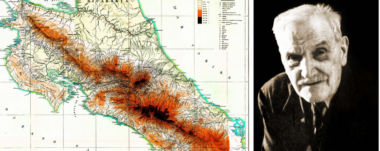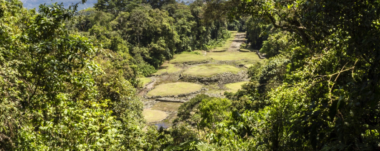Transforming Coffee Into Energy: The University of Costa Rica’s Innovative Coffee Waste Reuse System

Discover how the University of Costa Rica is leading the way in the reuse of coffee waste, converting it into renewable energy.
The coffee production process involves a significant amount of waste, which represents a challenge for the producing countries of Latin America, where the aim is to avoid contamination and reduce greenhouse gas emissions.
In response to this problem, engineer Juan Pablo Rojas Sossa of the University of Costa Rica (UCR) has developed an innovative system to reuse coffee waste and convert it into energy and nutrients.
What Is It?
This system, part of a circular economy model, utilizes coffee waste like pulp and honey water to produce biogas and crop nutrients through anaerobic digestion. The fermentation and methanization of organic matter produces methane gas, a biofuel, while nutrients are recovered for use in agriculture.
This system, developed in collaboration with Coopetarrazú R. L. cooperative, is in an advanced stage of technological development and has received financial backing from the UCR Helix Program.
Currently, the system is being scaled up to process larger quantities of waste and generate more energy, which requires additional investment in infrastructure.
Its Environmental Advantages

The project not only contributes to the efficient management of agroindustrial waste, but also promotes the generation of renewable energy and the diversification of Costa Rica’s energy portfolio. Various business opportunities are being explored, such as the production of electricity, biomethane for transportation, and thermal energy.
Preliminary economic analyses show that the project is commercially viable, with a favorable return on investment and significant profit margins. This suggests great potential for large-scale adoption of this innovative solution. It does not only addresses environmental issues, but also offers economic and energy opportunities for the country.
Sensorial Sunsets
Navigate articles




